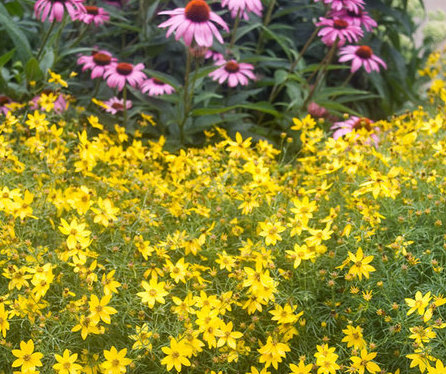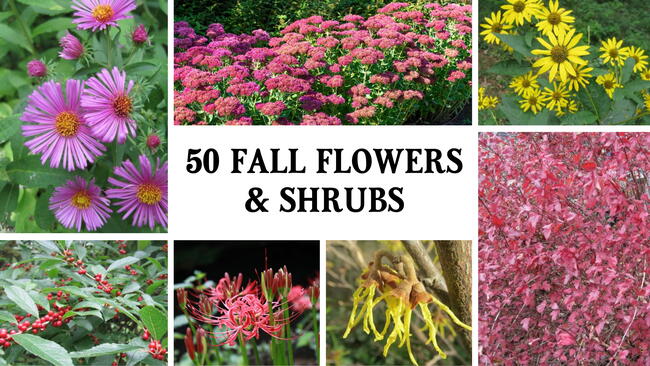Primary Image

Photo Credit
Pixabay
Which Plants Deer Won't Eat (Unless Desperate!)
More Like This
We live on the tip of the Monterey peninsula in Pacific Grove, CA. We have a huge population of deer. Our backyard is fenced, but we welcome them into our front yard. We actually have a naturally occurring spring under our front lawn which we have over seeded with clover. This keeps the grass green during the dry season and the deer love to graze on it. We only watered after seeding. now it is spreading. Some of my favorite deer proof plants are any of the Echiums, Tulbaghia, Leptospermum, Salvia leucantha, Tagetes lemoni, and foxgloves.
Here on the high desert of SoCal, deer are not a problem for me. They may be farther up the mountain in the pine forest, but down here in the desert climate at 4400' they are not. My problem is rabbits. I have chicken wire fencing around my gardens, and I had to put chicken wire around the daylilies I planted this year. Such a lovely site! They are eating the leaves of my amaryllis that is outside to collect sunlight this summer, but I put it up on the porch overnight and they haven't found it yet. I just noticed this morning that the little ravenous Thumpers have eaten half of one of my new rose bushes. I mixed up some onion powder and garlic powder with water and will spray that on it tonight. I'm also going to sprinkle black pepper on the ground around it. These are the only things I have in my pantry at the moment that I'm hoping will work. Keeping my fingers crossed!
PS: I know this article is about deer, but I'm writing about rabbits because I have heard that they are repelled by some of the same things that repel deer. But from what I am reading here in the comments, it sounds like a deer are not repelled by much! Wishing everyone luck!
My wife has planted quite deer resistant plants and deer have eaten before and after they’ve bloomed. There is no such thing as a completely deer resistant plant.
I have heard from old time Vermonters that deer hate the human smell. People I know place human hair in porous bags filled with human hair. Hanging in posts around the gardens. Barber shops would gladly supply cut hair. May have to replenish at times, also can be a fertilizer when spent.
Oh...wouldn't that be attractive & lovely to look at.
I live in eastern Ontario, Canada, and this area is polluted with white-tailed deer. I have several vegetable garden patches, some fenced, some not. The only safe annual crops I have found that I can plant outside the fence are garlic, onion, and sunflowers. Deer sometimes nibble on young sunflowers and will decapitate a few, but they mostly leave them alone. I have found sweet corn to also be reasonably deer safe. They will take some leaves from the young plants, but not many and they rarely touch the cobs. Raccoons are the main threat to my corn. For perennials, deer have never bothered my hops, rhubarb, or raspberries.
Northern WI--they EAT EVERYTHING. Only solution is high fencing (and be sure it is VERY sturdy by late winter). Nothing and I mean NOTHING stops them. Boy was I fooled at the garden center "these are very deer resistant" or "will be poisonous, toxic, belly aches", etc.--and the deer ran up to them like candy with no visible bad effects. Ate everything RIGHT WHEN flowing too, which was ultra depressing! No sprays, no spices, no commercial stuff-NOTHING STOPS THEM.
Bullets stop them. Kill one and put its head on a pike near your garden. They seem to stay away with this method.
Ahh, NOW we know the true story behindwhat happened to Bambi's mom!!!
- « Previous
- 1
- 2
- …
- 10
- Next »











Comments